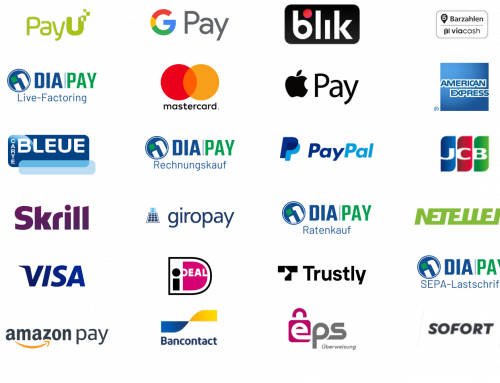What to do when customers go bankrupt?
Your goods have been shipped, the service rendered, the invoice issued, but nothing happens. Your customer is not moving, various payment deadlines have passed and the case may already have been with your collection partner for some time. You guessed it: your customer seems to be going bankrupt. And ultimately it happens.
Whether it is worthwhile for you to assert your claims in your customer’s insolvency proceedings and which criteria you should weigh up in the process, you can find out in this interview with insolvency expert Ines Thoms.
FTJ: At what amount is it worthwhile to file a claim in insolvency proceedings?
Ines Thoms: In principle, you can file any claim. The application is made in a similar way as the application for a court order for payment. Nonetheless, insolvency proceedings are a legally challenging subject where a layperson can get a lot wrong. Then the effort is no longer in proportion to the benefit. In the worst case, the filed claim is rejected and you go away empty-handed. To make it worthwhile, I recommend an amount of at least 1,000 euros.
FTJ: So there are many hurdles in the insolvency process – how can you do it right as a creditor?
Ines Thoms: In most cases, insolvency law is not part of the core business of one’s own company. I know from two decades of experience: it is better to get help. The claim must first be properly filed in the insolvency proceedings. If the reason for the claim is unclear, the claim can be disputed and then it usually becomes more complicated. A filed claim in insolvency proceedings may be disputed by the insolvency administrator, the debtor and the other creditors, and this does not happen infrequently. This can go as far as suing for a declaratory judgment. Of course, deadlines must be observed in all of this, and non-compliance can be expensive.
FTJ: Who will support me as a creditor in the insolvency proceedings and how?
Ines Thoms: In the B2C sector, as a creditor you usually learn from a debt counseling service that the customer is planning to go bankrupt. Insolvency law stipulates that the debtor must first attempt an out-of-court settlement with all his creditors. This is often mandatory and the attempt fails. Only then can the debtor file for personal insolvency. And that is also when it becomes really important for the creditor to assert his claim correctly. So it’s best to have a professional on hand beforehand. This can be a lawyer or a collection service provider. From experience, I recommend the latter.
FTJ: Why is a collection service provider a good support in the insolvency process?
Ines Thoms: As a rule, the debt collection partner has been in contact with the debtor for some time, receives all the information in good time and knows what needs to be done. Communication runs professionally in all directions. It is essential to communicate with debtor counselors, courts, insolvency administrators and the debtor himself and to strike the right tone in each case – this is simply the core competence of debt collection companies. In addition, debt collection service providers have legal expertise and can provide advice when the question arises: do we go to the trouble and file a claim for insolvency proceedings or do we prefer to leave it alone for economic or social reasons.
FTJ: What happens to the creditor’s claim after the opening of insolvency proceedings?
Ines Thoms: First of all, the partner takes over the proper assertion of the claim and keeps track of all deadlines. You no longer have to worry about it yourself. Even after the opening of insolvency proceedings, a collection partner stays on. This is because the debtor must comply with rules during the insolvency proceedings – for years. It can be tedious to keep track of this consistently, especially if you have several customers who are in insolvency proceedings. At the end of every private insolvency, it is about the residual debt discharge – that means: If you are not at the top of the list of creditors, you will go empty-handed despite everything. The experts will then check whether the discharge of residual debt should be refused if necessary and whether you still have a chance of recovering the debt.
FTJ: What are the chances of success if insolvency proceedings have been opened against a customer?
Ines Thoms: Especially when it comes to high-priced receivables, the chances are good. Because then, as a creditor, you are higher up on the list in the ranking of distributions. When it then comes to a distribution, it is again sensible to have an expert at your side. Because you have to work in a structured and reliable way. In the many years that I have been active in receivables management, I have already accompanied many cases in which high receivables could still be realized despite an insolvency decision. Especially in the last few years, I have been working for the DIAGONAL Group since then, I have noticed that the volume of filed insolvencies has increased. This is due to many macroeconomic factors. That’s why I see a lot of potential in insolvency proceedings – if you have an expert at your side who can master the pitfalls.
FTJ: Thank you very much for the insightful interview.






